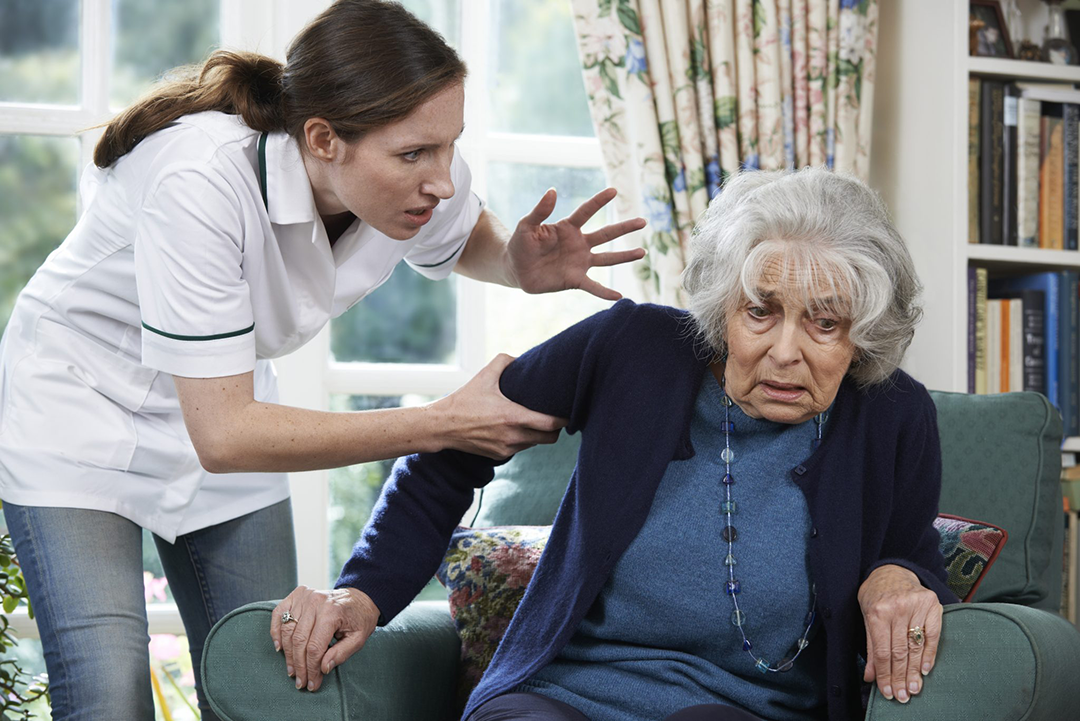When Should You Consider Suing a Nursing Home?
Although no one really wants to sue a nursing home or elder care facility because it is a place of good intentions and a provider of care primarily to the elderly. However, there are times when the facility should be held legally accountable for their negligent and/or abusive conduct. For example, a lawsuit should be filed when: 1] negligence, 2] neglect, or 3] abuse on the premises causes injury.
What Kind Of Actions and/or Failures To Act Should Lead To the Filing Of A Lawsuit?
There are numerous accidents, willful and/or intentional acts, and failures to act that may cause a health care facility to be legally responsible; either based on the conduct of an employee or on a policy, procedure or on-going practice in the facility. Here are a few examples:
- Failure to keep the premises reasonably safe and free of hazards when: dangers in the facility and its staff are aware of, those dangersorthey should be aware through proper attentiveness. This includes everything from preventing slip and fall accidents to preventing one resident from attacking another resident.
- Negligent hiring, training or negligent supervisionof an employee who ends up neglecting, abusing, or otherwise intentionally harming a resident. For example- not properly screening prospective employees who subsequently steal from residents or commit sexual acts upon the residents and have a record of prior criminal acts.
- Negligent supervision of residents who fall and injure themselves. Here is an example- resident is given a “Risk Assessment” during the admission process and was determined to be a high risk for falls. The resident is admitted and the facility did nothing to protect the resident from falls. The resident falls and breaks a hip.
- Failure to maintain adequate health and safety policiessuch as keeping clean and sanitary conditions in resident rooms and in common areas such dining halls.
- Failure to provide adequate medical treatment that meets the medical standard of care under the circumstances. When the provision of sub-standard medical care causes harm to a resident, there may be a case for medical malpractice against the nursing home facility and/or against a medical professional.
There Are Regulations On The Standard of Care in addition to State of California Statutory Scheme:In addition to state laws, if a nursing home accepts Medicare, the facility must follow Federal Regulations that establish the standard of care. One of these regulations is 42 CFR sec. 483.25 (h) which provides:
- The resident environment remains as free of accident hazards as possible; and
- Each resident receives adequate supervision and “assistance device” to prevent accidents.
If the nursing home fails to comply with these regulations and a resident is injured, the nursing home is liable .
Proving Liability Can Be Complicated
When a resident is injured at a care facility, it is not always obvious what exactly went wrong and who might be legally responsible. The evidence available is often incomplete or medical records may be self-serving for the nursing home. Examples such as medical record pages either “disappearing” and or re-numbered or being re-written to camouflage negligent conduct or overt abuse. In cases like these, your best first step would be discussing the situation with an experienced attorney like Morton J. Grabel, a former Nursing Home Administrator and Hospital Administrator.
*This office sues nursing homes and related health care providers/facilities. This office has recovered millions of dollars for residents of the Inland Empire.
Please note: the information provided herein is general and not be relied upon for your circumstance. For further information or if you have any legal questions please call the Law Offices of Morton J. Grabel, in Temecula at (951) 695-7700. Mort originally from Philadelphia, PA is a graduate from an ABA Law School, has an MBA, a California Nursing Home Administrator’s License & a California Real Estate Broker’s License [both active and in good standing].

